Institute of Environmental Biology
Plants, microbes and animals are essential components of our natural environment and their interactions play a key role in the sustainability of life on Earth. Our interdisciplinary research programme is focused on the biological mechanisms that determine how plants, microbes and animals interact with each other and how they are able to adapt to their constantly changing and often harmful environment. Inspired by nature, the Institute of Environmental Biology aims to contribute to the development of sustainable solutions for urgent societal problems such as future food security, ecological consequences of climate change, and protection of our natural resources.
Research groups
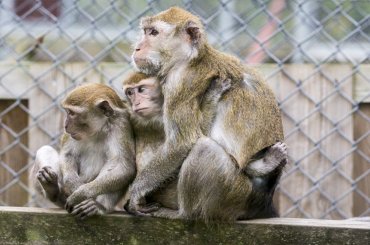
Animal Behaviour and Cognition
Research in the Animal Behaviour and Cognition group involves two research lines, concerning animal group living, with a special focus on primates, and animal welfare. These two research lines both address social cognition and welfare issues.
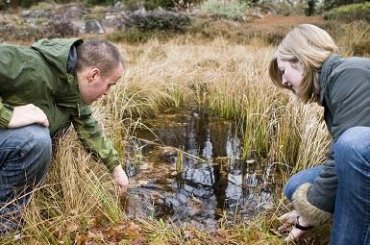
Ecology & Biodiversity
Research in the Ecology & Biodiversity Group focuses on the development, maintenance and functioning of biodiversity, as determined by ecological processes and interactions with atmosphere, water and soil.
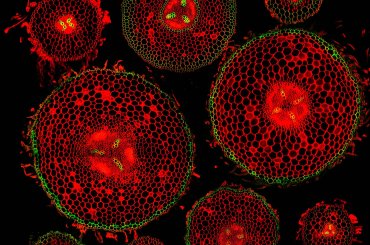
Experimental and Computational Plant Development
The Experimental and Computational Plant Development group (ECPD), studies the processes underlying plant development and its adaptation to environmental conditions and stresses.
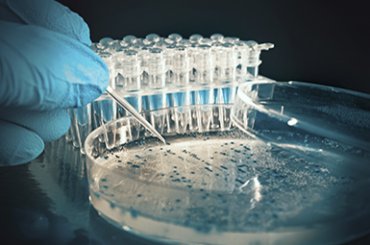
Microbiology
Research in the group of Microbiology focuses on understanding the mechanisms involved in secretion of proteins and the role of secreted proteins in bacterial membrane biogenesis and fungal growth and development.
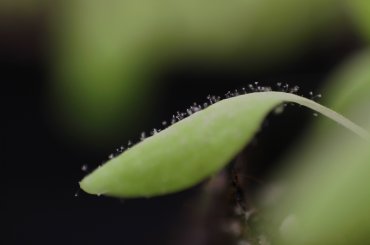
Plant-Microbe Interactions
We aim to unravel at the molecular level how the plant immune system orchestrates interactions with beneficial microbes, pathogens and insects. This provides a rational basis for developing sustainable strategies for disease resistance in next-generation crops that produce more with less input of fertilizers or pesticides.
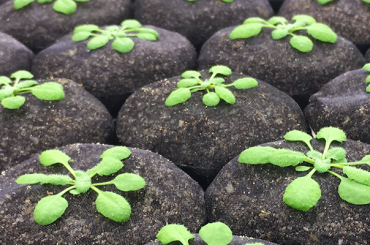
Plant Stress Resilience
The main mission of our group is gaining a fundamental understanding of plant stress resilience mechanisms during and after stress and comprehension of how environmental fluctuations impact plant growth, plasticity, physiology and development.
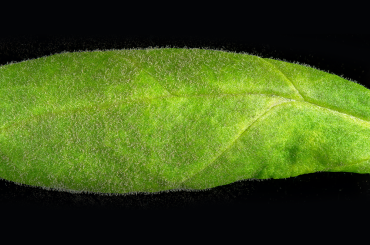
Translational Plant Biology
We work in the field of translational plant biology. Translational here refers to the translation of scientific knowledge into application; in our case, from fundamental research on plants to application in crop breeding.












